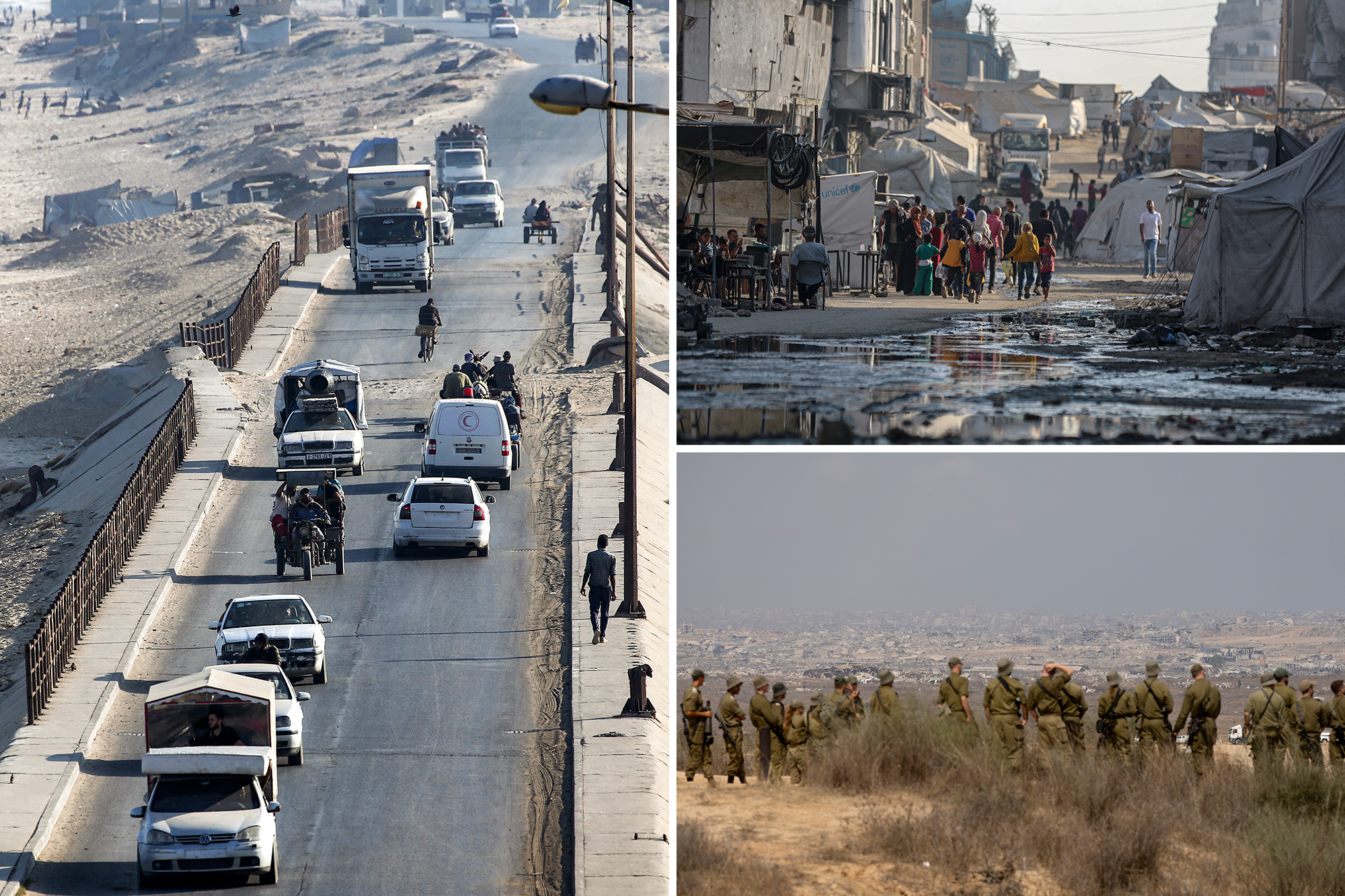Tens of thousands of Palestinians have begun evacuating Gaza City as fears grow over an imminent military takeover by Israel. Reports indicate that the Israeli government plans to halt humanitarian aid, further exacerbating the already dire situation in the region. According to a report from KAN, Israel’s public broadcaster, Prime Minister Benjamin Netanyahu is contemplating the cessation of airdrops and a reduction in the number of aid trucks entering the northern part of the Gaza Strip.
These measures coincide with intensified Israeli airstrikes, part of an operation aimed at relocating approximately 1 million Palestinians from Gaza City ahead of a planned full-scale military offensive scheduled for mid-September. The United Nations has reported that around 23,000 individuals have fled Gaza City over the past week, as many have been seen traveling south in search of safety.
Military Escalation and Humanitarian Concerns
Israel recently declared Gaza City a “dangerous combat zone,” identifying it as a stronghold for Hamas. On Saturday, seven Israeli soldiers sustained injuries when their armored vehicle detonated an explosive device in the Zeitoun neighborhood of northern Gaza City. This incident underscores the escalating violence as the Israeli military prepares for its anticipated invasion.
Hamas, the militant organization governing Gaza, has issued warnings regarding the safety of Israeli hostages held within the city. Spokesperson Abu Obeida stated that these hostages are at risk of being caught in the crossfire as military operations intensify. “They will remain with our fighters in the places of confrontation, exposed to the same risks,” he noted, indicating the complexities of the situation.
As the military operation unfolds, Obeida emphasized that Hamas remains vigilant and prepared to respond forcefully to Israeli actions. He warned that the ongoing conflict could lead to increased risks for both their fighters and the hostages. Currently, 48 hostages are believed to be held in Gaza, with around 20 of them thought to still be alive.
Negotiations and Public Response
In light of the escalating situation, Israeli defense officials are reportedly advocating for a cease-fire and a hostage release proposal accepted by Hamas during a security cabinet meeting expected on Sunday. This proposal comes after a failed cease-fire arrangement earlier in May, which was backed by the United States but ultimately rejected by Hamas.
Netanyahu has committed to eradicating Hamas and securing the release of all remaining hostages to bring an end to the conflict. Families of hostages have taken to the streets, demanding the Israeli government pursue a cease-fire agreement. During a rally in Tel Aviv, the nephew of hostage Avraham Munder, Zahiro Shahar Mor, expressed deep concern for the hostages’ safety, stating, “If another living hostage comes back in a bag, it will not only be the hostages and their families who pay the price. You will bear responsibility for premeditated murder.”
As the humanitarian crisis deepens and military tensions escalate, the international community watches closely, hoping for a resolution that prioritizes the safety and well-being of all affected individuals in the region.
